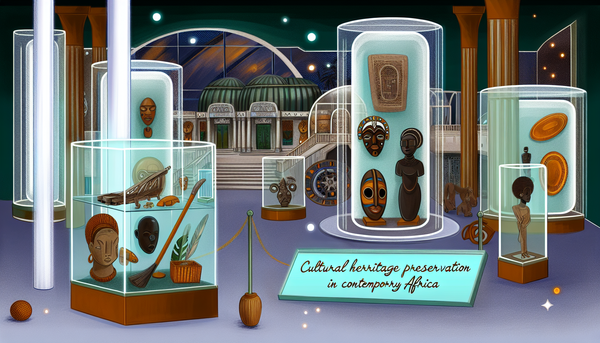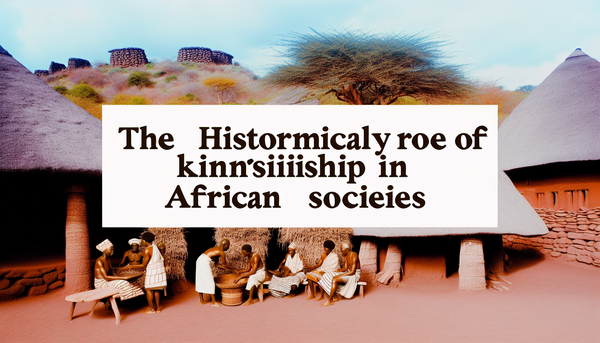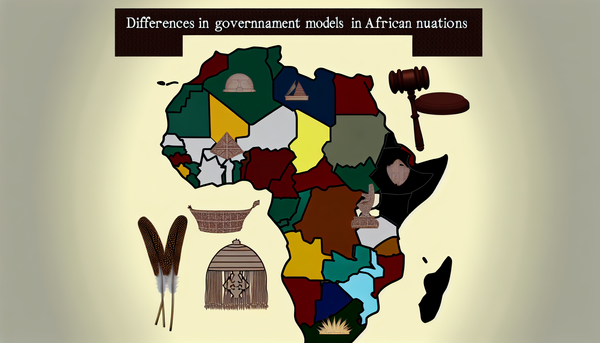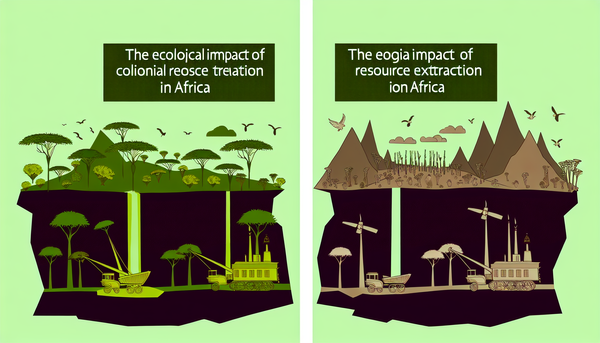The Impact of Colonial Legacy on African Education Systems
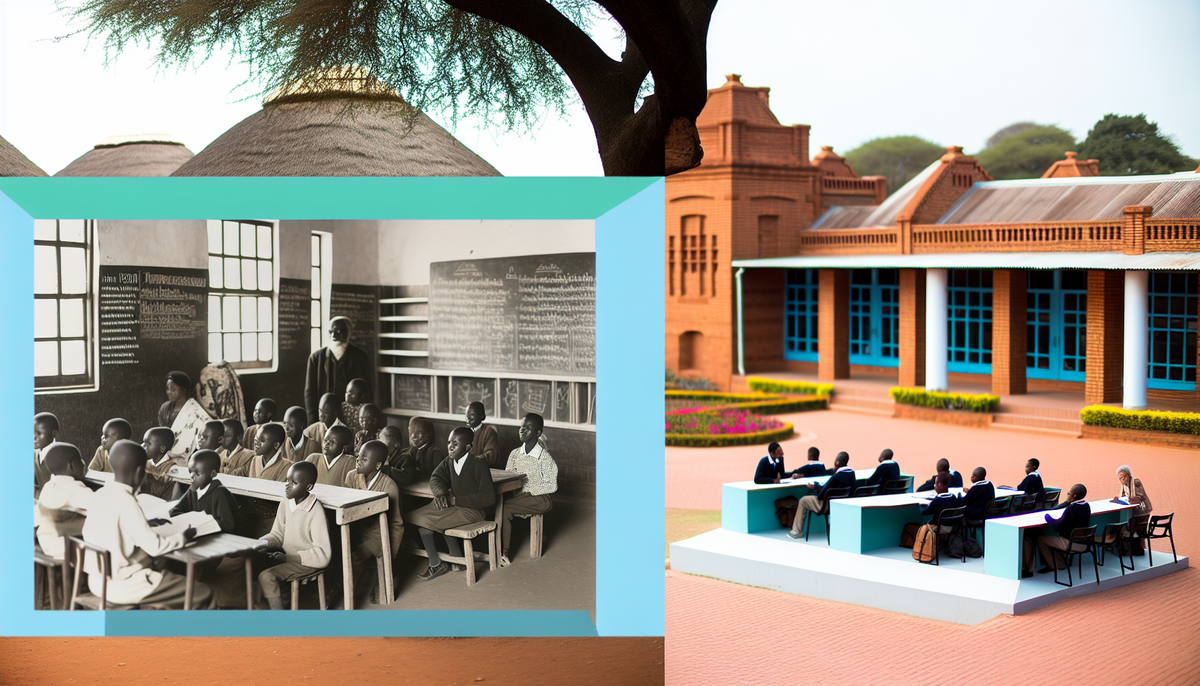
Overview of Colonial Influence in Africa
The colonial era in Africa, spanning from the late 19th century to the mid-20th century, fundamentally altered the continent's educational landscape. European powers established systems that were primarily designed to serve their interests, often disregarding indigenous knowledge and cultural practices. Schools were predominantly run by missionaries or colonial governments, emphasizing European languages, histories, and values while marginalizing local cultures and traditions.
The imposition of foreign educational models led to significant disparities. While a select elite were given access to Western-style education, the majority of the population remained uneducated or received inferior schooling. This inherently created a class divide that persists today, where access to quality education remains uneven across the continent.
Moreover, the educational systems established during colonial times favored rote memorization and standardized testing, undermining critical thinking and creativity. As independence movements gained momentum, these educational models faced scrutiny and calls for reform. However, the deep-seated influence of colonial ideologies continues to shape African education systems, creating ongoing challenges in fostering truly inclusive and relevant educational practices that reflect and serve diverse African communities. Understanding this legacy is crucial for addressing the present and future needs of education across the continent.
Effects on Curriculum Development
Colonial influence has had a profound impact on the curriculum development of African education systems, resulting in educational content that often prioritizes European perspectives at the expense of local knowledge and traditions. The curricula designed during the colonial period focused on imparting Western ideologies, languages, and histories, effectively sidelining indigenous cultures, languages, and practices. This has led to a homogenized educational experience that does not resonate with the diverse societies within Africa.
As a result, subjects such as history were often presented from a Eurocentric view, depicting colonial powers as benevolent and overlooking the rich histories of local communities. This has contributed to a disconnection among African students from their cultural heritage and identity. Moreover, scientific and technical education mirrored Western standards, frequently neglecting traditional ecological knowledge and practices that have been integral to African societies for centuries.
Even post-independence, many African nations retained the colonial curriculum structures due to a lack of resources and trained educators. While some countries have made strides in reforming their curricula to be more inclusive and relevant, the legacy of colonial education continues to create challenges. It is essential for contemporary curriculum development to honor local knowledge and contribute positively to societal growth and cultural pride.
Language Policies and Their Consequences
Language policies in African education systems have been significantly influenced by colonial legacies, leading to complex consequences for societies across the continent. Colonial authorities often imposed their languages—primarily English, French, and Portuguese—as the mediums of instruction in schools. This created a disconnect between students and their educational content, particularly for those who spoke indigenous languages at home.
The prioritization of colonial languages has led to a devaluation of local languages, which were seen as inferior or irrelevant in the academic context. Consequently, many students struggle to fully grasp educational material, resulting in high dropout rates and poor academic performance. Furthermore, the emphasis on colonial languages perpetuates a socio-economic divide, as those who can afford private education or are fluent in these languages gain access to higher quality education and better job opportunities.
The marginalization of indigenous languages also threatens cultural preservation, as languages carry unique histories and traditional knowledge. Efforts to promote multilingual education, where local languages are integrated into the curriculum alongside official languages, have emerged as potential solutions. However, resistance from policymakers and limited resources often hinder these initiatives. Addressing language policies is crucial for fostering inclusivity and cultural identity in African education systems.
Structural Challenges in Modern Education
Modern African education systems face numerous structural challenges, many of which are rooted in their colonial pasts. One significant issue is the lack of adequate infrastructure, encompassing facilities, resources, and trained personnel. Many schools operate in underfunded conditions, leading to overcrowded classrooms with insufficient teaching materials. This not only affects the quality of instruction but also diminishes students' learning experiences.
In addition to inadequate physical resources, the educational systems often grapple with outdated curricula that fail to meet contemporary societal needs. Traditional approaches, heavily influenced by colonial ideologies, emphasize rote memorization rather than critical thinking and problem-solving skills. As a result, students find it difficult to apply their knowledge meaningfully in real-world scenarios.
Another challenge is the disparity between urban and rural education. Urban areas typically have better access to resources, qualified teachers, and advanced technologies compared to rural regions, which often suffer from neglect. This urban-rural divide exacerbates inequality and limits opportunities for educational advancement.
Furthermore, political instability and socio-economic factors, such as poverty and gender inequality, further complicate the educational landscape. Addressing these structural challenges is essential for creating equitable and effective education systems that empower all individuals and communities across the continent.
Comparative Analysis with Non-Colonized Nations
A comparative analysis of African education systems with those of non-colonized nations reveals stark differences that underscore the lasting impact of colonialism. In many non-colonized countries, education systems have been able to develop organically from local needs, cultures, and languages, leading to curricula that resonate more deeply with students. For instance, nations like Japan and South Korea have successfully integrated traditional values with modern educational practices, fostering a sense of cultural identity while promoting innovation.
In contrast, many African nations struggle to reconcile the imposed colonial educational structures with indigenous knowledge systems. While curricula in non-colonized countries often prioritize critical thinking, creativity, and problem-solving, colonial legacies frequently emphasize rote memorization and standardized testing. This can stifle intellectual independence among students in African contexts, limiting their ability to engage effectively with contemporary global challenges.
Furthermore, investment in education infrastructure and teacher training has been more robust in non-colonized nations, facilitating higher enrollment rates and better educational outcomes. In African countries, historical underfunding and resource misallocation continue to impede progress. The disparities highlight the importance of addressing foundational issues in order to create education systems that not only meet current demands but also empower students to thrive in a globalized world.
Post-Independence Educational Reforms
Following the wave of independence across Africa in the mid-20th century, many nations initiated educational reforms aimed at dismantling colonial legacies and addressing the needs of their populations. These reforms sought to make education more accessible, culturally relevant, and inclusive, reflecting the unique histories and identities of African societies.
One significant reform was the emphasis on mother tongue instruction, with several countries introducing policies to incorporate indigenous languages into the curriculum. This shift aimed to enhance comprehension and foster a sense of cultural pride among students, promoting greater engagement in the learning process.
Additionally, many post-independence governments sought to expand access to education, particularly for marginalized groups, including girls and rural populations. Scholarships, community-based initiatives, and awareness campaigns were introduced to encourage enrollment and retention rates, with varying degrees of success.
Despite these efforts, challenges remain. Resource constraints, inadequate infrastructure, and a lack of trained teachers hinder the effectiveness of reforms. Furthermore, some countries struggled with political instability, which undermined educational progress. Overall, while post-independence educational reforms have made strides toward transforming African education systems, ongoing efforts are crucial to fully realize their potential and ensure that all students benefit from quality education.
Future Prospects and Potential Solutions
The future of education in Africa holds significant potential for transformation, driven by innovative solutions and a renewed focus on inclusivity and relevance. Recognizing the need to bridge the gap between traditional knowledge and modern educational practices, educational stakeholders are increasingly advocating for a holistic approach to curriculum development. This includes integrating indigenous languages and local cultures into the curriculum, enhancing students' connection to their heritage.
Technology presents another opportunity for advancing education. With the proliferation of mobile devices and internet access, particularly in urban areas, digital learning platforms can offer expanded educational resources and access to quality instruction for all students, including those in remote regions. E-learning and distance education initiatives can help overcome infrastructure challenges and broaden educational opportunities.
Additionally, public-private partnerships can play a crucial role in enhancing educational resources and infrastructure. Collaborations between governments, non-profits, and private industries can help develop training programs for teachers, supply educational materials, and invest in school facilities.
Finally, prioritizing equitable funding and policies that promote gender equality and inclusivity will ensure that all learners can access quality education. By embracing these strategies, African nations can foster resilient education systems that empower future generations and contribute to sustainable development.
